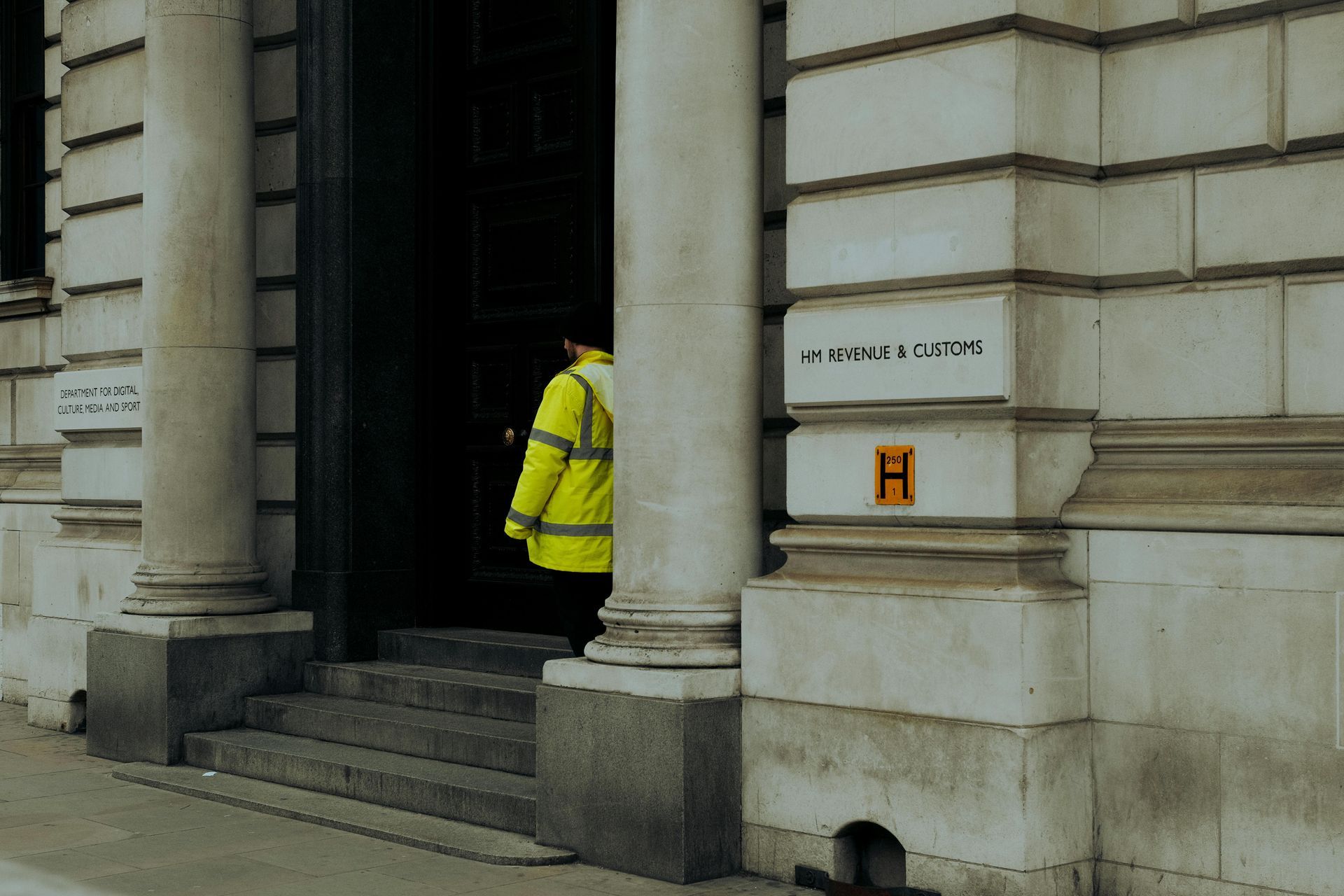
welcome@mpoweraccounting.com
| 01892 234353
Thorny issues
So, with Easter over I’ve decided to do a series of “thorny questions”! OK, I know you want to switch off now but don’t because the issues raised are important and . . . . . I have thrown a random question into the blog and the first to email me the correct answer will receive a prize – yes, you really will, so please continue reading.
I’m going to take a couple of issues that often crop up when I speak with clients. This week we’re going to look at rechargeable expenses with specific reference to the VAT treatment. I know, you all can’t wait to read on – if only for the prize.
So, rechargeable expenses are reasonably easy until you get to the VAT treatment. If you incur an expense on behalf of a client you can recharge this to them – simples. If you add a mark up, which is business savy, the amount you pay will be less than the amount you charge so you will have a profit which will incur tax, whether that is corporation or self assessment. However, it gets a little bit more complicated when you have to consider VAT.
The basic rule is that the VAT liability on recharged expenses follows the liability of the main supply of the goods and services – in other words you should be charging VAT whether or not the original invoice had VAT on it, or not, if you get my drift.
Confused – well, I would be too if I was you!
So, you need to distinguish recharged expenses from disbursements. HMRC allow disbursements to be passed on without adding VAT, but there are a lot of conditions to pass to use this caveat.
A disbursement is basically an expense you pay on behalf of your customer as agent, it is an amount the customer has the obligation to pay and you are authorised by the customer to pay it on their behalf. In this case you do not need to add VAT.
Question – which elephants have the biggest ears, African or Indian? See, didn’t leave it to the end just in case people just scrolled down!
With a recharge, you would normally add VAT to the gross amount ie a hotel bill for £100 plus £20 VAT, you recharge the customer £120 plus VAT. However if it is a disbursement you would not have to add the VAT. It all depends what is in the contracts and whether the expense passes the HMRC rule.
So, the bottom line is that if your customers are VAT registered then it makes little difference. Make sure you are clear on what is an expense or disbursement, and it is a very fine line. If you have any questions on this please do get in touch.
Next week we’ll look at motoring expenses – so get your skateboards out…





Let’s connect
2 Oast View
Horsmonden
Tonbridge
Kent TN12 8LE

